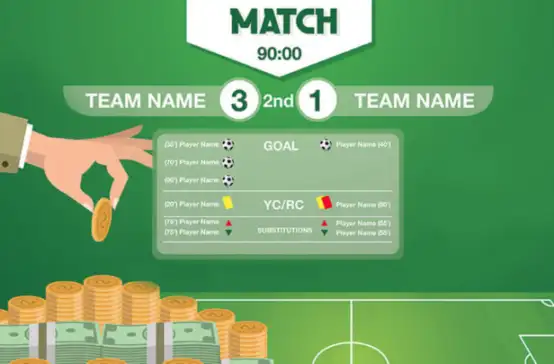Poisson regression-predicting soccer goals

Poisson regression is a widely used statistical method for predicting the number of events (in this case, soccer goals) occurring within a fixed interval. The Poisson distribution assumes that events occur independently and at a constant average rate. In the context of soccer, this means that the number of goals scored by each team in a match is assumed to be random and follow a Poisson distribution.
To use Poisson regression for predicting soccer goals, follow these steps:
Collect historical data: Gather data on past matches, including the number of goals scored by each team, their attacking and defensive strengths, and other relevant factors that may influence goal-scoring.
Calculate averages: Determine the average number of goals scored by each team during the historical period you're analyzing. Additionally, calculate the average number of goals scored in a match (across all teams).
Define the model: Set up a Poisson regression model using relevant predictors. Common predictors include team strength (attacking and defensive), home advantage, and head-to-head records.
Estimate parameters: Fit the Poisson regression model to your historical data, estimating the parameters (coefficients) for each predictor variable. This process helps you determine the relationship between predictor variables and the number of goals scored.
Make predictions: Using the estimated parameters, input the relevant data for an upcoming match into your Poisson regression model. The model will generate a predicted number of goals for each team.
Evaluate accuracy: Compare your predictions to the actual outcomes of matches to assess the accuracy of your model. Refine your model as needed by adjusting predictor variables or incorporating additional data.
It's important to note that Poisson regression has some limitations when applied to soccer goal prediction:
It assumes that goals are scored independently, which may not hold true in practice, as soccer is a dynamic game with numerous interactions between players.
The Poisson distribution can be a poor fit for low-scoring sports like soccer, where the distribution of goals is often more skewed than a typical Poisson distribution.
Despite these limitations, Poisson regression can still provide a useful starting point for predicting soccer goals, particularly when combined with other methods or models.
Football Ant will provide a Poisson distribution method to predict the number of football goals